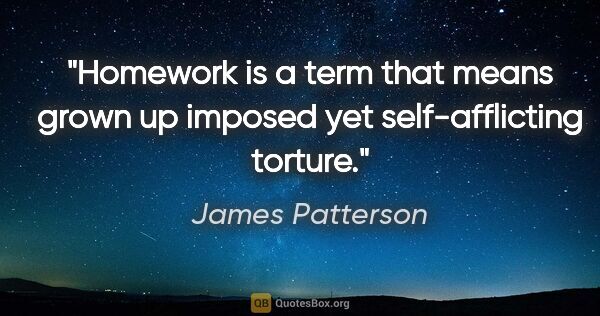Impose Quotes (page 8)
Life moves on, whether we act as cowards or heroes. Life has no other discipline to impose, if we would but realize it, than to accept life unquestioningly. Everything we shut our eyes to, everything we run away from, everything we deny, denigrate or despise, serves to defeat us in the end. What seems nasty, painful, evil, can become a source of beauty, joy, and strength, if faced with an open mind. Every moment is a golden one for him who has the vision to recognize it as such
Henry Miller
Rules cease to exist once they have outlived their value, but forms live on eternally. There are forms of the novel which impose on the suggested topic all the virtues of the Number. Born of the very expression and of the diverse aspects of the tale, connected by nature with the guiding idea, daughter and mother of all the elements that it polarizes, a structure develops, which transmits to the works the last reflections of Universal Light and the last echoes of the Harmony of Worlds.
Raymond Queneau
Protection, therefore, against tyranny of the magistrate is not enough: there needs protection also against the tyranny of the prevailing opinion and feeling; against the tendency of society to impose, by other means than civil penalties, its own ideas and practices as rules of conduct on those who dissent from them; to fetter the development, and, if possible, prevent the formation, of any individuality not in harmony with its ways, and compel all characters to fashion themselves upon the...
John Stuart Mill
i understand that the world was nothing: a mechanical chaos of casual, brute enmity on which we stupidly impose our hopes and fears. i understood that, finally and absolutely, i alone exist. all the rest, i saw, is merely what pushes me, or what i push against, blindly - as blindly as all that is not myself pushes back. i create the whole universe, blink by blink.
John Gardner
The more he asked about her childhood at Cloonhill the more Ellie loved her interrogator. No matter how strange he still sometimes seemed, she felt as if all her life she had known him. The past he talked about himself became another part of her: The games he had played alone, the untidy rooms of the house he described, the parties given, the pictures painted. Being with him in the woods at Lyre, where the air was cold and the trees imposed a gloomy darkness, or walking among the monks'...
William Trevor
What troubled her so, she thinks, is the dream's effect of nullifying the present. For she is passionately attached to her present; nothing in the world would induce her to trade it for the past or the future. That is why she dislikes dreams: they impose an unacceptable equivalence among the various periods of the same life, a leveling contemporaneity of everything a person has ever experienced; they discredit the present by denying it its priviledged status. As in that night's dream: it...
Milan Kundera
To be a jazz freedom fighter is to attempt to galvanize and energize world-weary people into forms of organization with accountable leadership that promote critical exchange and broad reflection. The interplay of individuality and unity is not one of uniformity and unanimity imposed from above but rather of conflict among diverse groupings that reach a dynamic consensus subject to questioning and criticism. As with a soloist in a jazz quartet, quintet or band, individuality is promoted in...
Cornel West
The Christian church is an encyclopaedia of prehistoric cults and conceptions of the most diverse orgiin and that is why it is so capable of proselytising: it always could and it can still go wherever it pleases and it always found and it always finds something similar to itself to which it can adapt itself and gradually impose upon it a Christian meaning.
Friedrich Nietzsche
But it must be seen that the term 'catastrophe' has this 'catastrophic' meaning of the end and annihilation only in a linear vision of accumulation and productive finality that the system imposes on us. Etymologically, the term only signifies the curvature, the winding down to the bottom of a cycle leading to what can be called the 'horizon of the event,' to the horizon of meaning, beyond which we cannot go. Beyond it, nothing takes place that has meaning for us - but it suffices to exceed...
Jean Baudrillard

